One of the earliest – and most misleading – pieces of writing advice I ever got was “Write what you know.”

One of J's actual childhood notebooks (sparkly pencil not pictured)
I’m not sure when I first heard it. I was still counting my age in single digits, though, and scribbling away with sparkly pencils in ratty spiral-bound notebooks. Some helpful adult probably offered me this chestnut when I was staring into space and wondering out loud what should come next.
“Write what you know.”
I knew I loved horses, so I took it to heart and cranked out thousands of words about girls who loved horses and rode horses and saved horses from evildoers and sometimes even turned into horses. Not all of these things actually happened to me–especially the relentless iterations of the girl talking her parents into getting her a horse of her own–but nine-year-old J cheerfully rationalized these stories as the way things should be.
But in my early teens I was drawn inexorably into the middle ages, and I was conflicted. How could I write what I knew if my parents kept refusing to move to Wales? If time travel had yet to become reliable, affordable and – well – existent?
 But I was determined, so I jumped into the middle ages with both feet. I researched wool production and battlefield tactics and recipes, but I also wrote characters like they were people I knew. That’s when I figured out that write what you know didn’t really mean write what you know. At least, not in the way I thought it did.
But I was determined, so I jumped into the middle ages with both feet. I researched wool production and battlefield tactics and recipes, but I also wrote characters like they were people I knew. That’s when I figured out that write what you know didn’t really mean write what you know. At least, not in the way I thought it did.
Lynda Mullaly Hunt’s powerful Monday post about vulnerability gets at the heart of write what you know and makes it a useful construct. The literal event she wrote about was fictional, but the sheer force of emotion behind it sure as heck wasn’t. That’s the part she knew. She wrote what she knew, and that’s what made the prose sing off the page.
One of those thresholds you step over when you become agented and sold is that your writing changes in some imperceptible way, and maybe this is it. Maybe it’s when this sort of raw energy pours through your fingers and makes everything real because it’s true, every word, even when you’re writing about things you’ve never done or could do or would even want to do. It’s how we can write about coal mining and magic and foster care and outer space and dragons with conviction, confidence and authority.

Medieval toilets: yet another reason to take a pass on time travel
It’s not necessarily about physically being somewhere or doing something. You can be somewhere and not know anything about it. In a lot of ways, knowing is seeing things a certain way and being able to get that picture or idea or feeling into someone else’s head. We know these things in an essential way because we open the vein and pour it onto the page. This is how you write what you know. It’s a lot harder than just being there.
But probably not as hard as time travel.


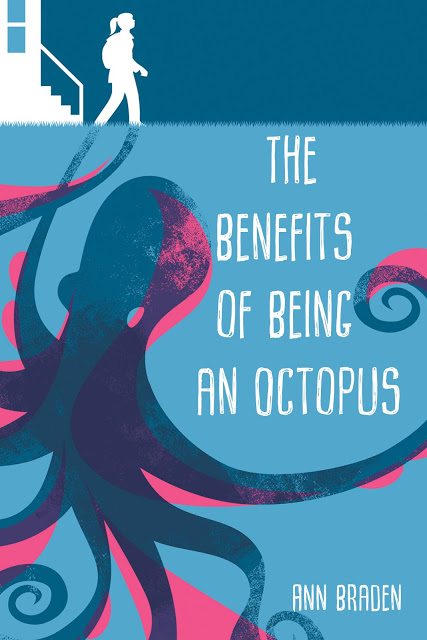

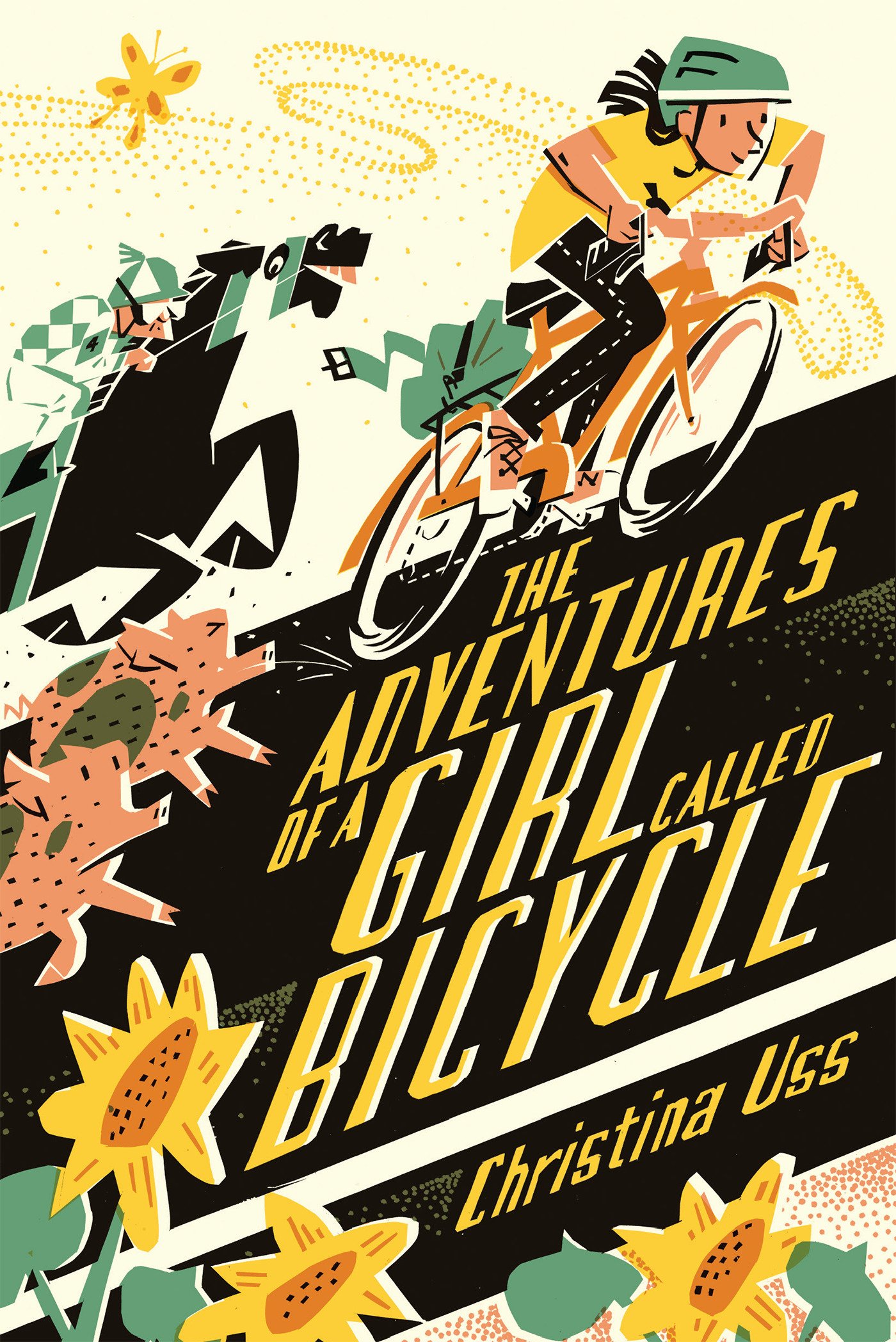






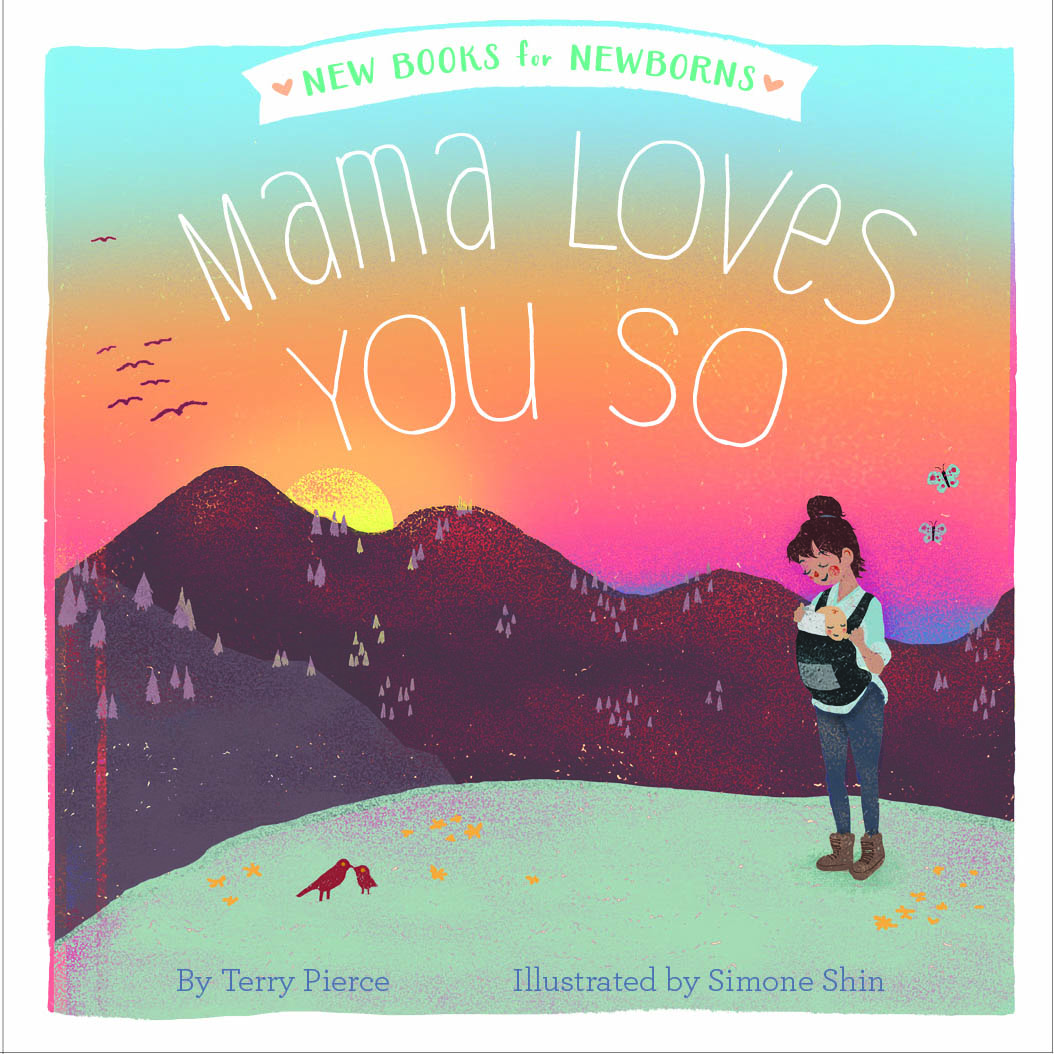
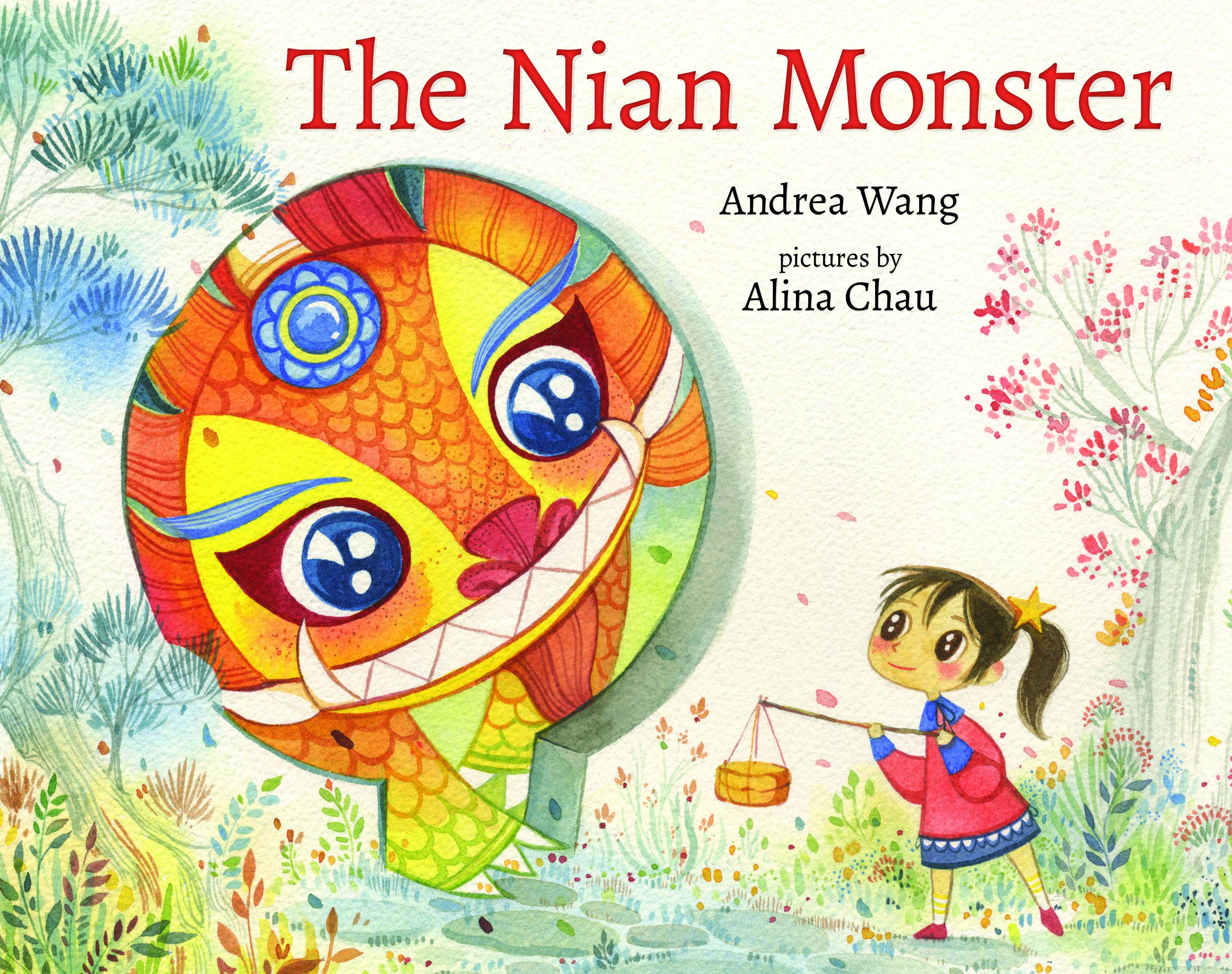
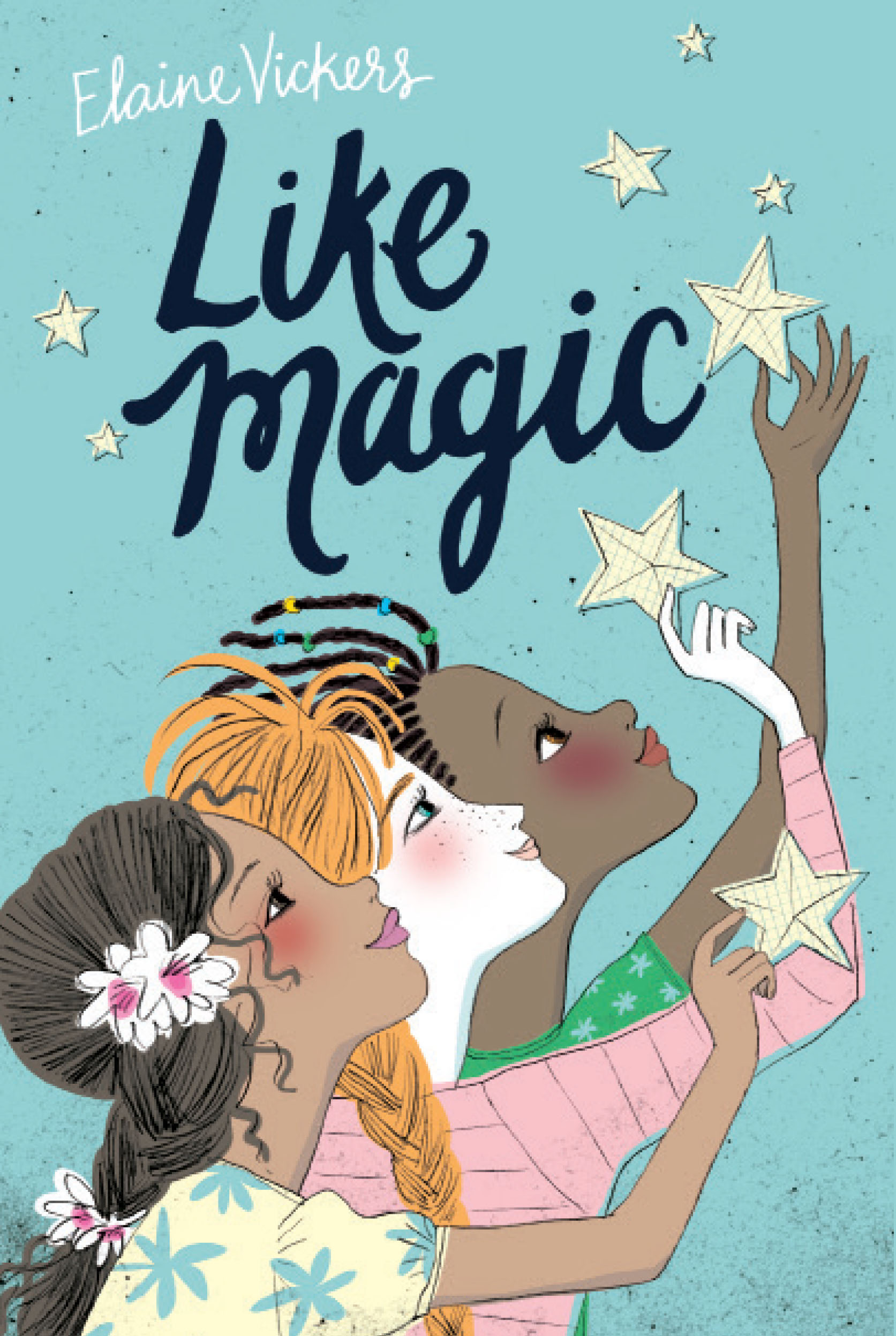
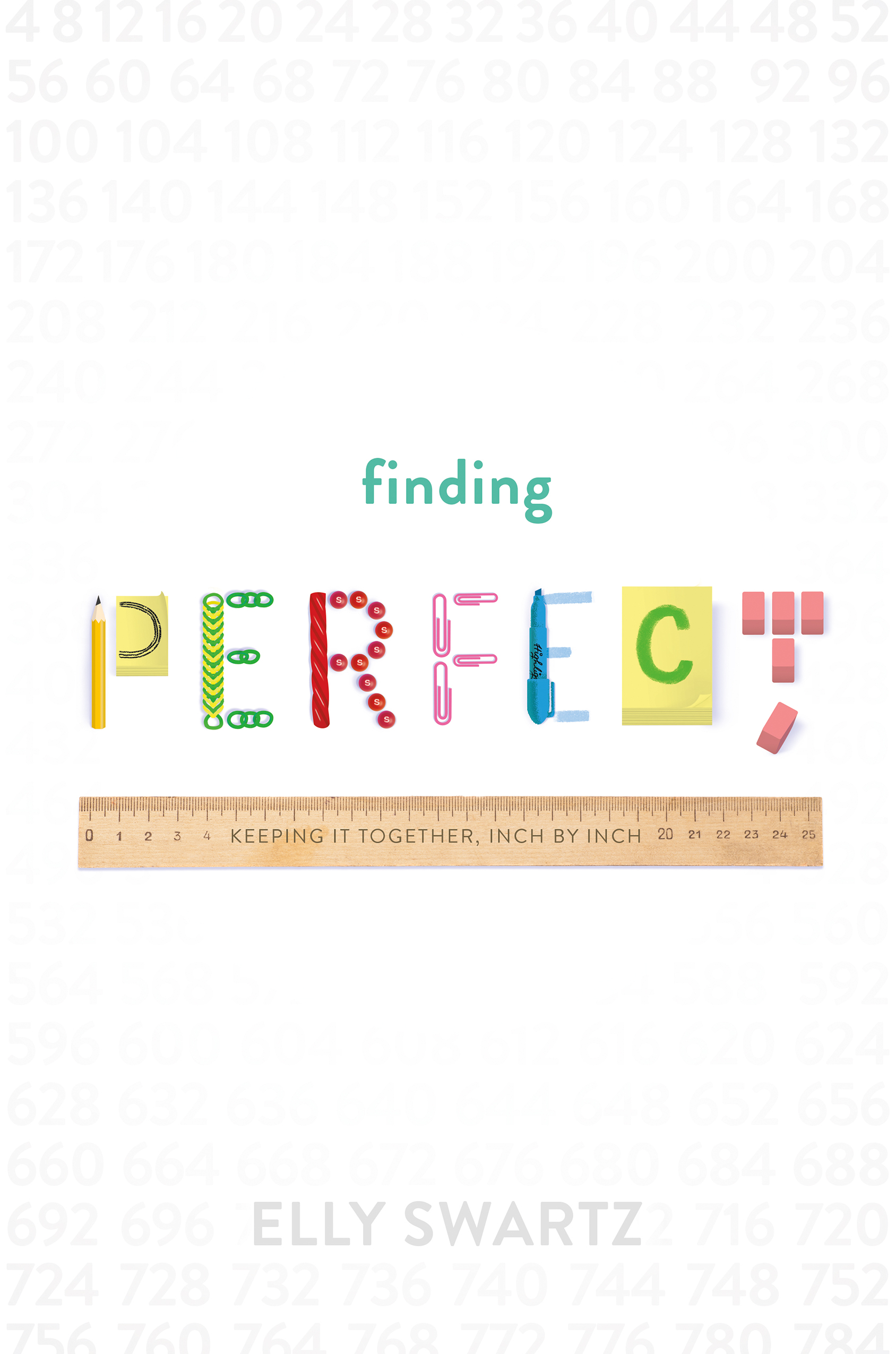
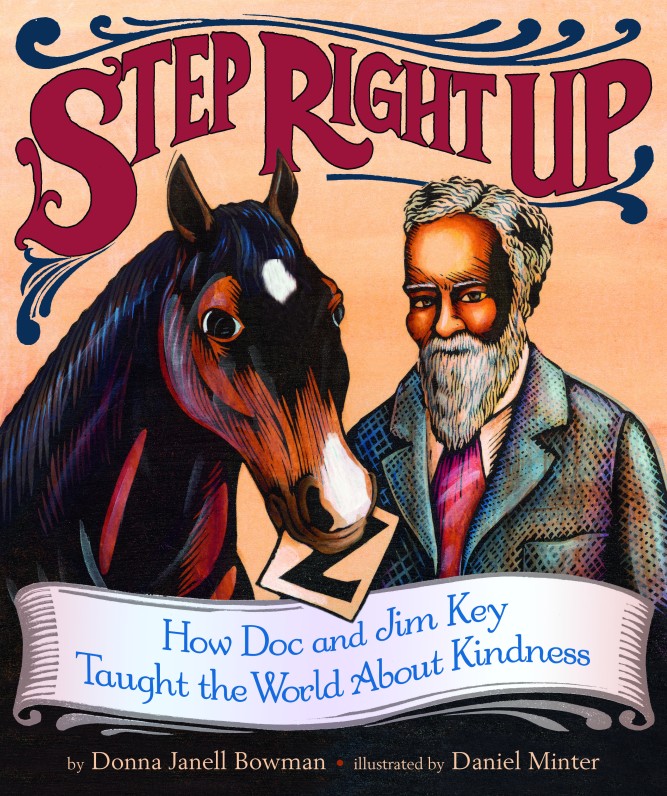
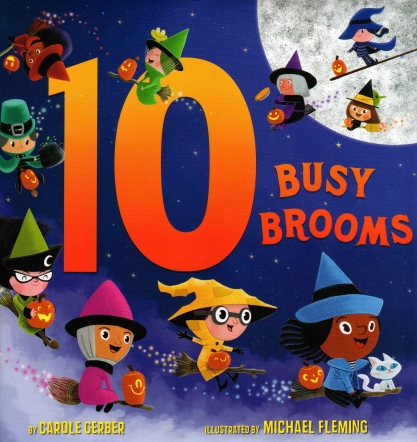
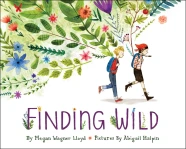
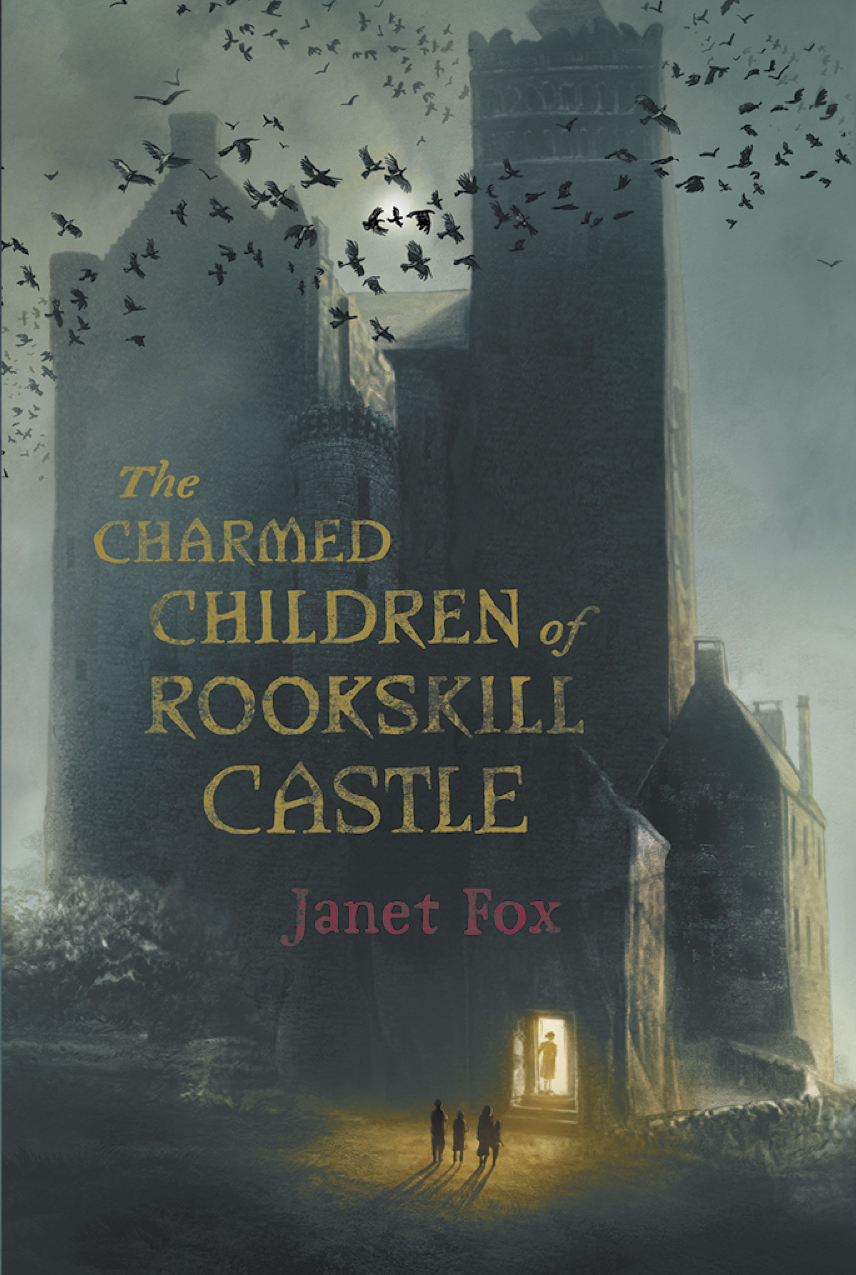
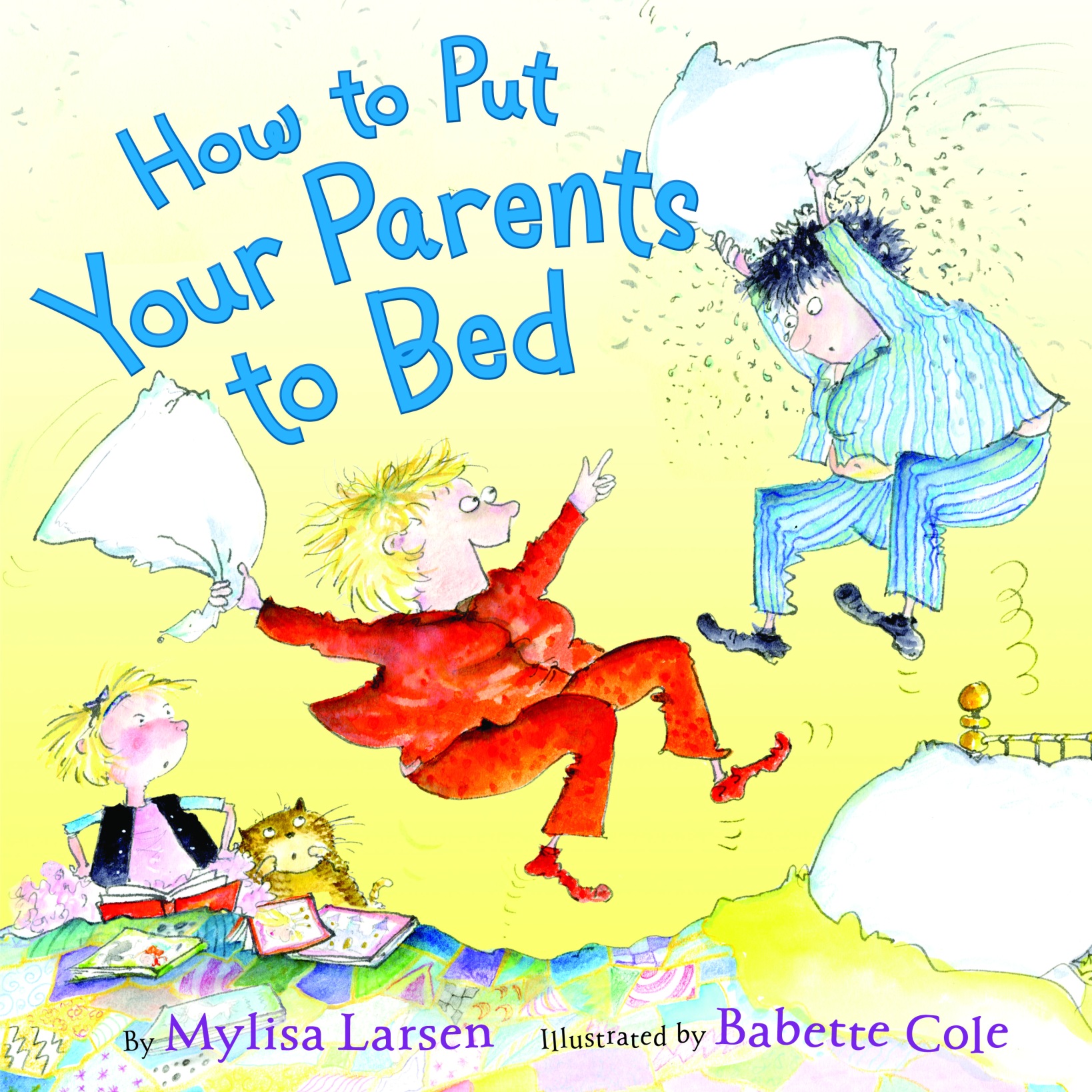



I love this line: How could I write what I knew if my parents kept refusing to move to Wales?
You articulated a lot here that I’ve been stammering at people incoherently when asked about writing what you know. You managed to get it right with conviction, confidence and authority. Bravo.
LikeLike
And then I’d accuse my parents of not being supportive, as if they hadn’t been cheering on my writing since I was old enough to pick up a crayon.
And thanks!
LikeLike
This is great advice that I grapple with whenever I think about testing my boundaries as a writer and striving for creative growth, which is so essential. We can know things on an emotional and psychological level, right? That’s the essential knowledge that any piece of writing can be grounded in, regardless of the setting, plot machinations, etc. Obviously it’s not as simple as all that, but it’s helpful to think about it in that way – if we can plant some internal truthiness at the core of a story, even if it involves some external experience we haven’t had, we just might be okay. Right? Aaaaaaaaahhhhhh…
LikeLike
So easy to say, so easy to appreciate the importance. The execution? Not always as easy.
LikeLike
Fantastic post, J. As a nonfiction writer, I advise people to write what they want to know. Investigate outward, as you did about the middle ages. You’ve now taken this many, more important steps farther: investigate inward.
LikeLike
I like “write what you want to know,” even though a lot of the middle ages is unknowable. But since people in the past were still *people,* we can start to access their thoughts and motives in other, more human ways. Which, at its core, is what I want to know.
LikeLike
This is GENIUS! Great points and well said, J.! I’m with Cynthia; I also tell people “write what you want to know”–even in fiction. A thirst to know something or a wish has a lot of power wrapped up inside of it.
I can so imagine you as a teen, jumping into your research with that fire to write inside of you! And thank goodness you had the intelligence, guts, and wisdom to do it!
LikeLike
And a mother who worked in interlibrary loans. I even got a book from the Library of Congress once, which is no easy feat. You basically have to prove that no other library in the country can lend you that book. It was pretty sweet.
LikeLike
Love this post! It’s all about the truth at the core.
I also heard somewhere, “write what you fear” – that can be great advice too, especially when I’m tempted to just play it safe.
Thanks for saying it so well.
LikeLike
Ooo, “write what you fear.” That *is* good advice, and it reminds me of “Write what you think you can’t,” which is also good advice.
Sometimes this is the hardest part of writing – being willing to take the plunge and grow creatively rather than safely paddling around in the shallow end, able to touch the bottom at the slightest hint of insecurity.
Thanks for stopping by!
LikeLike
I like the advice “Write what you love.” Because if you love it, it is probably because in some way you know it–you know what makes it wonderful and noteworthy, and makes you want to share what you know that makes it worth loving. And if you love it, then following Cynthia’s advice of “write what you want to know” becomes something you can be passionate about, as the research itself becomes so fulfilling. Alternatively, I like the idea of talking the family into moving to the wonderful place you want to write about. But I haven’t had much luck there either 🙂
LikeLike
I’ve since settled for living in close proximity to a major university research library. Just until I can convince the University of Wales to hire me as a reference librarian.
LikeLike
Great post! I think you can “know” things just from reading about them. If you constantly read about things–even if they are fantasy–they become real to you. And you suddenly know more about these things than you know about the real world.
LikeLike
It’s amazing how *real* things are when we not only read about them, but we *feel* them too. This is the sort of writing that gives me the shiveries and makes me stay up way too late reading just one more chapter.
Thanks for stopping by!
LikeLike
Shiveries–great word!
LikeLike
So beautifully put. Memorable writing involves stories that have emotional truth, and we can all access that–facts come from research and observation, but at some point in the writing, we have to go to the deeper places where truths live.
LikeLike
It’s that moment when things stop seeming real and start being real. It’s not always fun or easy to get there, but man does it make a difference.
LikeLike
Lots to love in this post, J., but here’s one of my favorite lines:
“…when this sort of raw energy pours through your fingers and makes everything real because it’s true…”
And that’s just it, isn’t it? When you’re in that moment, fingers and keyboard transferring thoughts to the screen, that’s when the story is true. When you cry or laugh along with your characters, it’s all true. And that’s what readers feel on the other end when they cry and laugh and gasp along with your characters. True emotion sure feels like truth, even when it’s fiction.
LikeLike